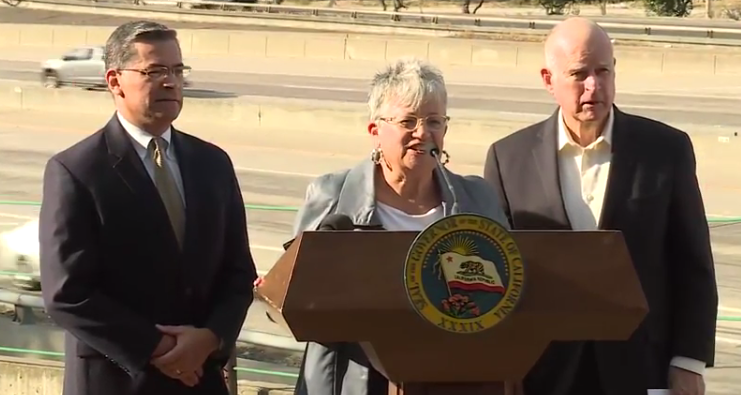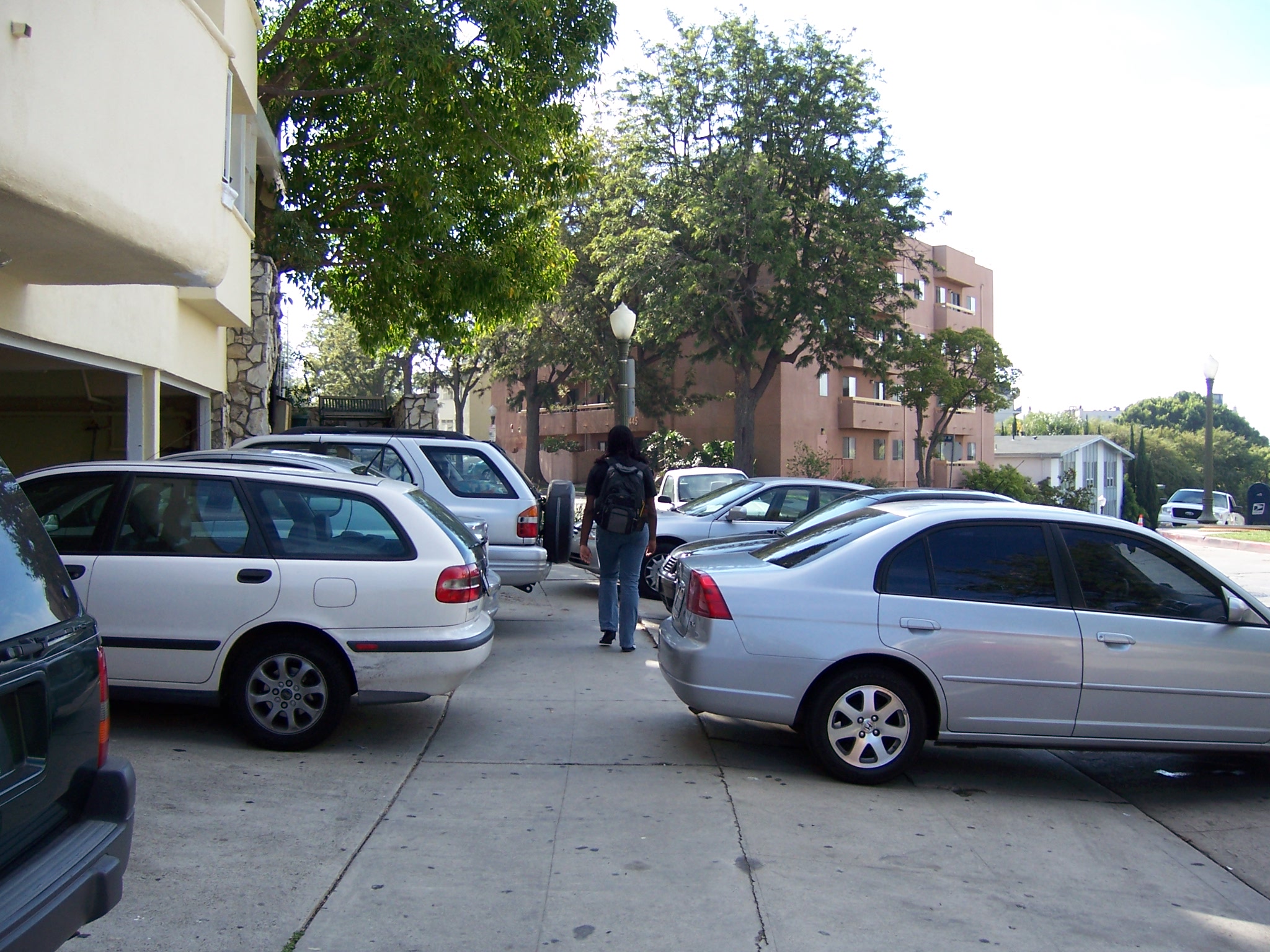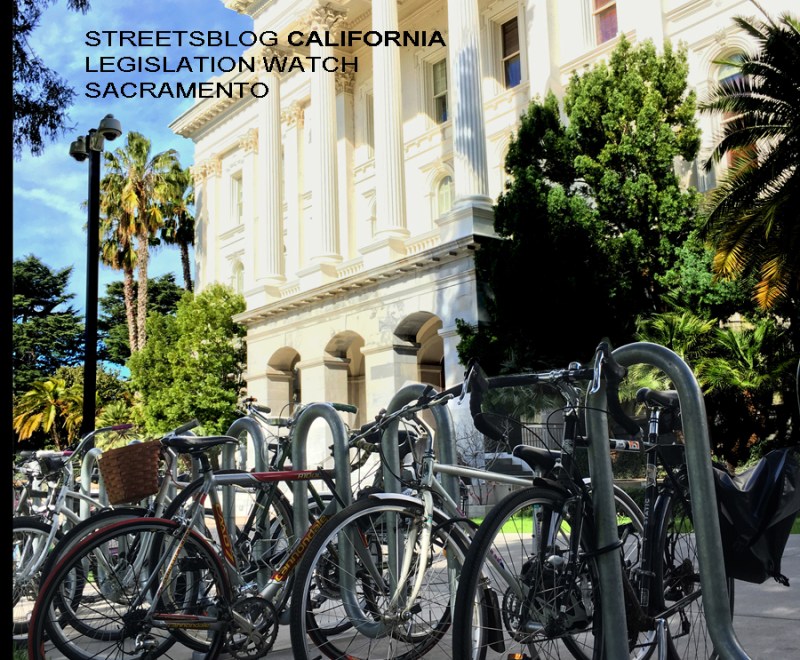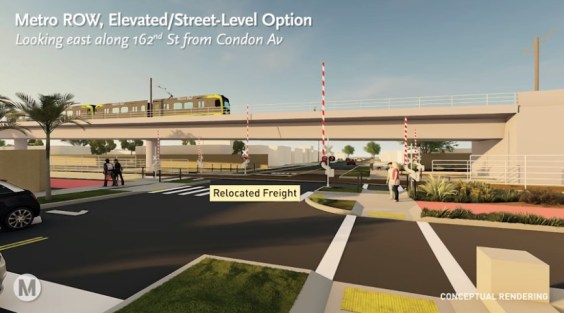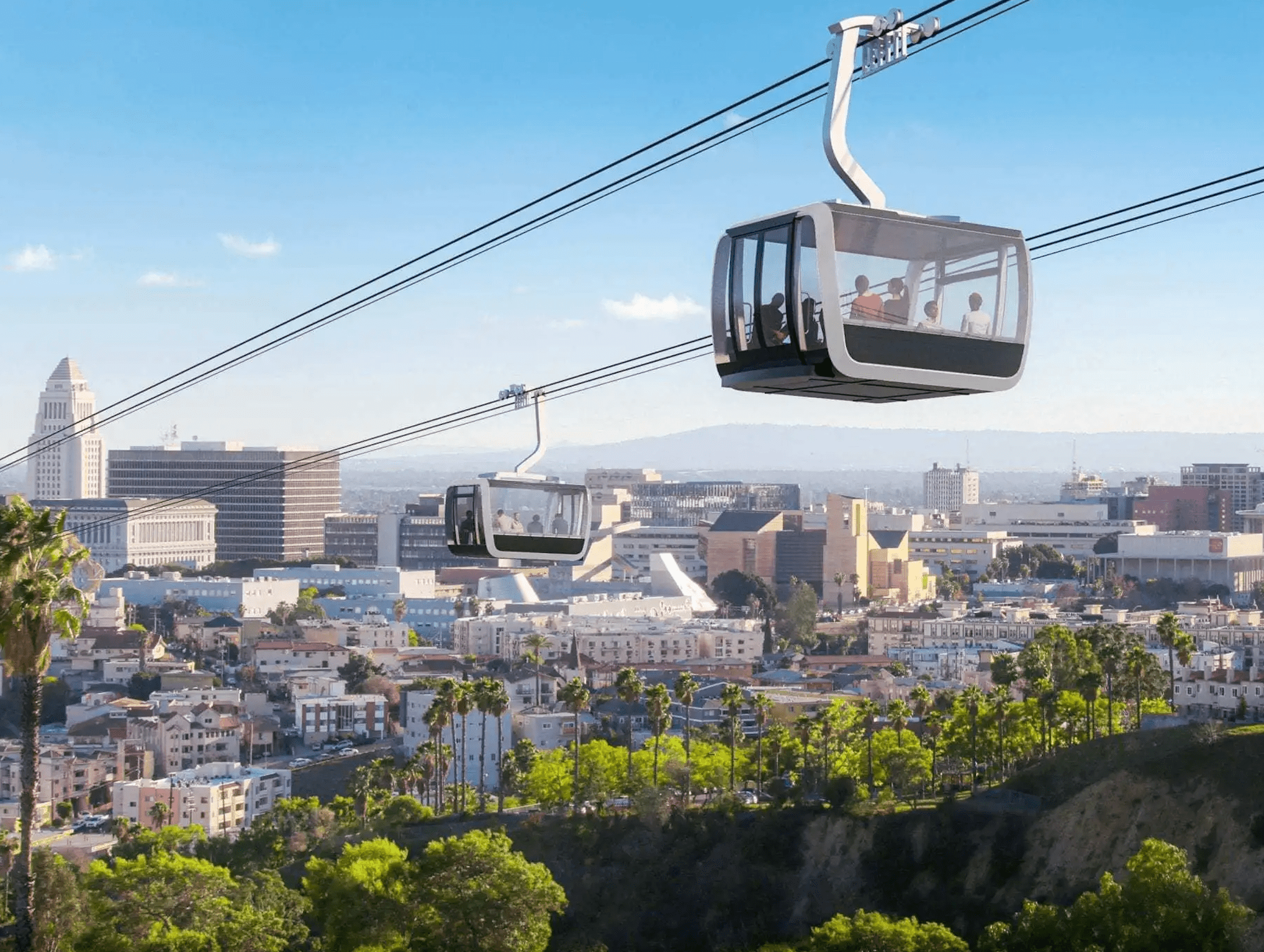California Air Resources chair Mary Nichols was joined by Governor Jerry Brown and state Attorney General Xavier Becerra today to announce that they are submitting 415 pages of comments on a federal proposal that would stall clean car standards. They also reiterated the state's commitment to a legal fight if necessary to protect California's rights to set its own standards.
Nichols called the Trump administration's proposal “completely unjustified” and “illegal,” and Becerra accused the administration and the federal EPA of playing a high-stakes poker game “not just with climate change, but also with the health of the American people.”
Today is the deadline to submit comments on the federal proposal, which would freeze federal standards that require car manufacturers to make cars more efficient and less polluting. The current standards, set in 2012, call for increasing efficiency and emission reductions over time, mandating that vehicles average 50 mpg by 2025. The Trump administration plans instead to hold them at 2020 levels until 2026.
The EPA is also proposing to revoke California's power to impose its own standards, which are tougher than the federal ones. The state first earned the right to do so by creating standards before there were any federal ones, and has continued to fight for that right in courts—winning every time.
Other states can adopt California's standards, and they have. Because car manufacturers don't want to have different standards in each state, California has been able to push all standards to a higher level.
The Fresno Bee wrote that
The Trump administration claims that California is not entitled to its waiver because it does not face “compelling and extraordinary circumstances,” which are necessary to receive the waiver. Let’s leave climate concerns — raging wildfires, inundated beachfront communities, collapsing coastal bluffs — aside for the moment. When the state hosts the top fourteen cities with the worst smog in the nation, affecting millions of people, how is that not compelling and extraordinary?
People have been weighing in on the proposal for months. At three meetings held around the country, including one in Fresno in October, hundreds of people testified against it, including physicians, health advocates, former EPA officials, local officials, and environmental and community advocates.
Despite this, the administration has “not moved off their initial position to completely freeze standards at 2020 levels through 2026,” said Nichols, and they have shown “no interest in any of the suggestions we've made. They appear to be completely determined to go to a fight over pre-empting Californian regulations, and have not been interested in moving towards more electric vehicles, or taking advantage of any of the existing possibilities” for lowering emissions or increasing efficiency.
The current increasingly stringent standards, according to Nichols, have already been incorporated into automakers' planning processes, and manufacturers have been able to meet them. Even General Motors today urged the federal administration not to abandon progress, endorsing a national electric vehicle sales mandate similar to California's.
The standards have led to cleaner air and better health outcomes, as well as cost savings to consumers.
Standing in front of a freeway full of fast-moving—and noisy—cars, the three leaders spoke of the health and economic benefits from vehicle emissions rules. These include the prevention of “up to 2,000 premature deaths, 50,000 cases of respiratory ailments, and the reduction of asthma symptoms for 24 million Americans, including 6.3 million children.” They also estimate average cost savings to consumers of $1,620 over the lifetime of a car or truck from cleaner, more efficient cars.
“We've seen effects of climate change first hand in this state, from wild fires to mudslides,” said Becerra. “It's essential that we protect the people, the resources, and the economy of our state. Trump's proposal to abandon the regulations would provide little or no progress on fuel economy or greenhouse gas emissions for six years. We don't respond to a crisis by waiting six more years to act.”
California's comments include input from 21 other states, including Illinois, Connecticut, Delaware, Iowa, Maine, Maryland, Massachusetts, Minnesota, New Jersey, New York, North Carolina, Oregon, Pennsylvania, Rhode Island, Vermont, Washington, and the District of Columbia.
“We remain open to talking,” said Nichols, “but at the moment we don't see how you can take what's out there and turn it into an acceptable program.”
